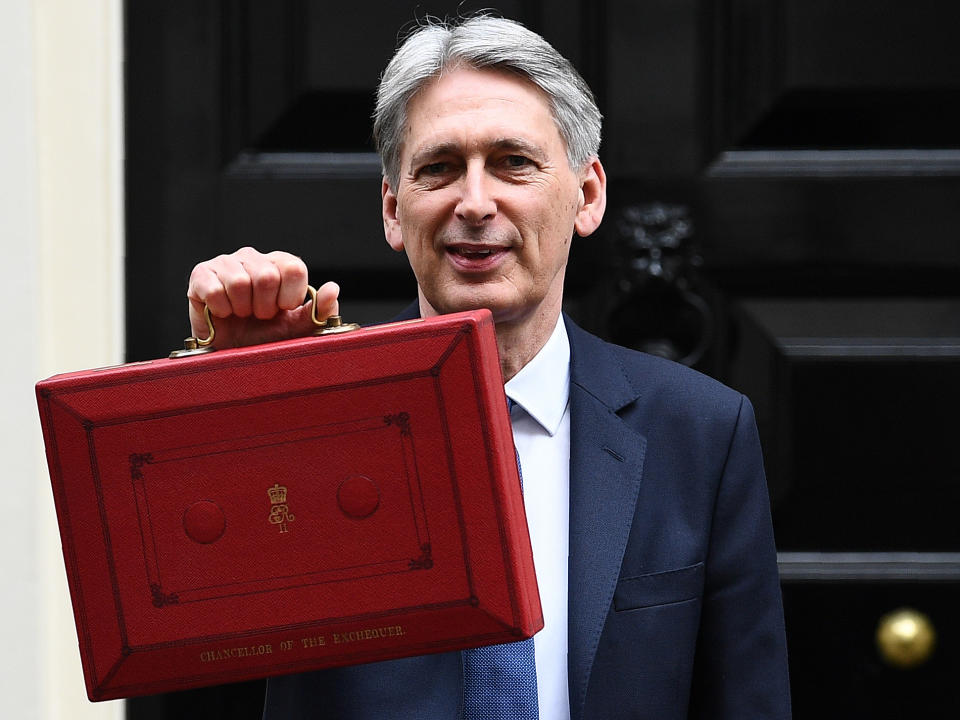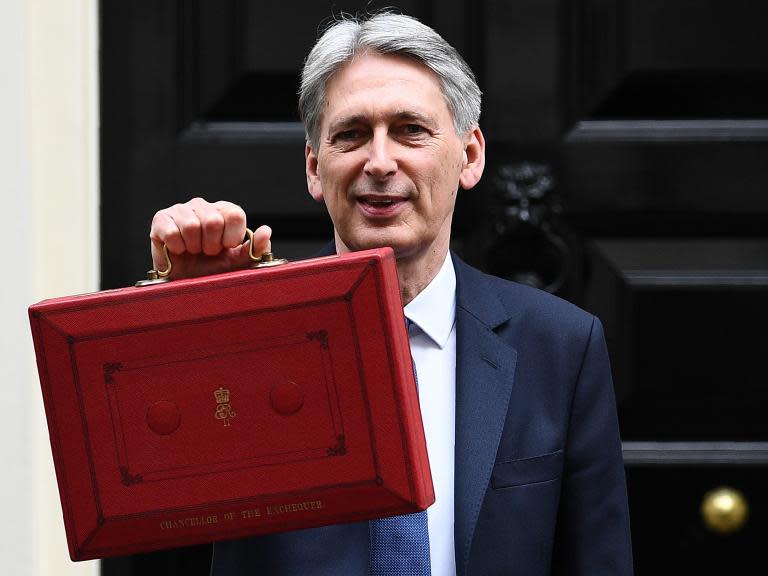Budget 2017 – live updates: At a glance
Welcome to The Independent’s liveblog with coverage of the response to Philip Hammond’s Budget.
The Chancellor was forced to admit that growth and productivity forecasts had ben downgraded, with the Official for Budget Responsibility (OBR) predicting lower growth than at any time in its history.
It comes after the UK’s finances unexpectedly worsened last month after the Office for National Statistics (ONS) said public sector net borrowing – stripping out state-owned banks – jumped by £500m to £8bn in October.
Despite this, Mr Hammond used the Budget to announce a splurge of new investment, including £3bn set aside for preparing for Brexit, an immediate £350m cash boost for the NHS, a £2.5bn investment fund and £500m support for the tech industry.
The most notable change was the removal of stamp duty for first time buyers purchasing homes costing up to £300,000. However, the OBR is likely to drive up house prices and benefit current homeowners more than it does potential buyes.
Combined with the uncertainty in the economy as Britain’s exit negotiations with the European Union continue, Mr Hammond had little room to manoeuvre – especially as the Government still intends to eliminate the deficit by the next decade.
A series of small giveaways had earlier been trailed by the Treasury, including extending discount railcards to 25-30 year-olds from next Spring and tackling overpayments of student loans.
This was a Budget in which Mr Hammond could not afford any major slip-ups. Tory MPs were nervous of a repeat of the excruciating U-turn on a key announcement in the Budget in Spring, where the Chancellor was forced to pull the plug on his plan to raise taxes for the self-employees through increased national insurance contributions after considerable pressure from Conservative MPs.
If there is any repeat of this, Mr Hammond's position in Number 11 will be very precarious indeed.

 Yahoo News
Yahoo News 

